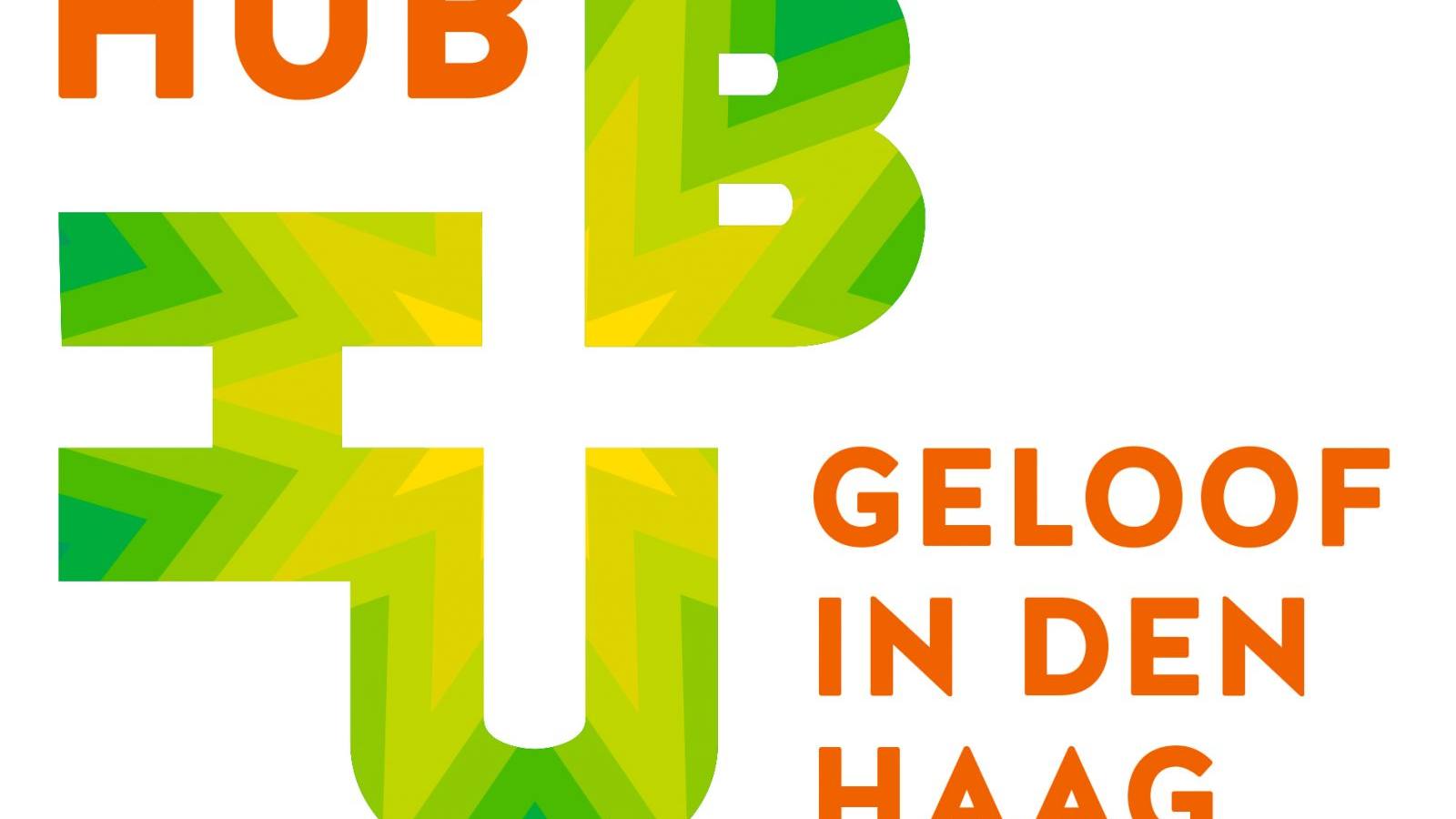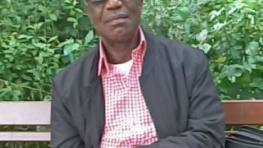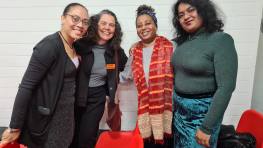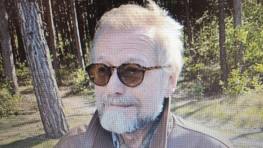Chaplain’s Message
Dear All,
A slightly extended letter today- let me know your thoughts.
Mission and the Church of St John and St Philip
What does it mean for our church to be a missionary community in 2022?
As we think through what we ought to be doing, let us begin with our missional foundation story – the first sermon Jesus gave:
Jesus went to Nazareth, where he had been brought up, and on the Sabbath day he went into the synagogue, as was his custom. He stood up to read, and the scroll of the prophet Isaiah was handed to him. Unrolling it, he found the place where it is written:
“The Spirit of the Lord is on me, because he has anointed me to proclaim good news to the poor. He has sent me to proclaim freedom for the prisoners and recovery of sight for the blind, to set the oppressed free, to proclaim the year of the Lord’s favour.”
Then he rolled up the scroll, gave it back to the attendant and sat down. The eyes of everyone in the synagogue were fastened on him. He began by saying to them, “This scripture is being fulfilled today even while you are listening.”
(Luke 4 vv 16-21)
Jesus starts in his home village. In the imperfect society he is preaching in, is he saying the Kingdom of God has arrived, is arriving or will arrive? Scholars have argued over this for centuries, but we need to do something much more simple – to see the urgency of the call.
We are to preach the gospel and to live out the gospel. This is our primary mission. As we open up, with increasing energy, we are actively exploring quite how we make all ages feel at home. When we do any of the things on this list of Isaiah, we are beginning to live out our faith in the Kingdom of God. As church people, we do not hold the monopoly on goodness, but we should always be committed to helping it along.
Let me take two recent examples:
When corona closed us down and confined us to our homes, we opened the church hall for vaccinations, so that we could try to make sure hundreds of our neighbours were not held prisoner by fear of the virus. This was an initiative from outside the church, from local doctors’ practice, which we as a large church team, helped along. As the jabs were administered, Congregation members made people welcome, checked forms, reassured people, handed out teas and even laid on a live cello recital!
When the Ukrainian refugee crisis hit. A number of people from this church ran around collecting goods for the oppressed arriving in the Netherlands. There was an exchange in the church WhatsApp group about ‘what to bring where’. There were simple actions, meals being shared (on the welcome page of our website, you will see a picture of Tonny Thijs and Mary Bentham chatting to refugees at the meal) and larger more structural actions- people opening their houses and sharing rooms. Some of these actions were undertaken by local non-churchgoers and our role was to encourage and celebrate this.
Let us think more structurally.
A number of people in this church are working in some of the heaviest areas in of international justice. They are listening to testimony of gross inhumanity, bringing evidence to court and case by case, helping along freedom for the most oppressed. This is very, very hard, often frustrating work which may feel at times like climbing an escalator heading in the opposite direction. We as a community have a vital task to pray this through.
There are other hidden examples, we frequently have members of the diplomatic community here who are committed to quietly building peace (making agreements about chemical weapons for example) in a time when some leaders are given to rash public statements.
We have international students with us who are committed to study how structures oppress and how good policy can bring more freedom.
We are working with the poor through our support of the Straatpastoraat. We are providing meals and with great volunteers and the coming increase in the ministry team have an opportunity to make sure this work continues to flourish. The daily local mission of our church therefore is about forwarding the Kingdom of God. This work is part of the Isaiah list.
New local initiative
During corona we realised how much we rely on the hidden work of those who bring us our food and goods. We live near one of the world’s busiest ports. Everyday hundreds of seafarers arrive from all over the world. They often do not have time to leave the ship and almost all have families that they see only every few months and have one dedicated Anglican Chaplain. Missions to Seafarers International felt that the work of ministry to seafarers in Rotterdam needed more help from local Christians and asked whether I would chair the board. I asked Nick Thomas to be the treasurer and am pulling together a team of visitors to ship visit. We have four people interested in ship visiting so far and will build up this vital work.
Through the work of committed church members, we are working overseas.
We have three main charities: Tabitha, Healthy Vine and Stad. Their work is in areas of the world that are experiencing or have experienced great tension or conflict. In the past year on the church council we have had presentations on each one. The work ranges from building bridges between tense neighbouring communities (dialogue between young people in Israel and Palestine for example) to vital and simple work of building wells and supplying mosquito nets. We have other partners too who are doing invaluable work. All this is completely part of the Isaiah list.
What is it that we may wish to do now?
This is a city of peace and justice, inspired by the work of Hugo Grotius (1583-1645).
Shortly after our church was founded in 1586, during a time of shocking religious turbulence, Grotius wrote his seminal work ‘On the Law of War and Peace’. This and his subsequent works have bequeathed to this city something rare – a profound and deep rooted theme by which to define itself.
A considerable number of people in this church have come here precisely to work in fields of peace and justice. These themes are thoroughly Christian, indeed Grotius has been recently called ‘an economic theologist’ I would like to suggest that in the medium to long term, as a church, we examine all our mission work together with the values of peace and justice.
Jesus comes to let the oppressed go free. Peace and justice come our Father. As a congregation reconciling different traditions, committed to this Christ-like freedom, I believe it is in reconciliation, prayer and works that we particularly live out this vital calling
Best wishes,
Michael Roden
Chaplain
Bekijk op Facebook





